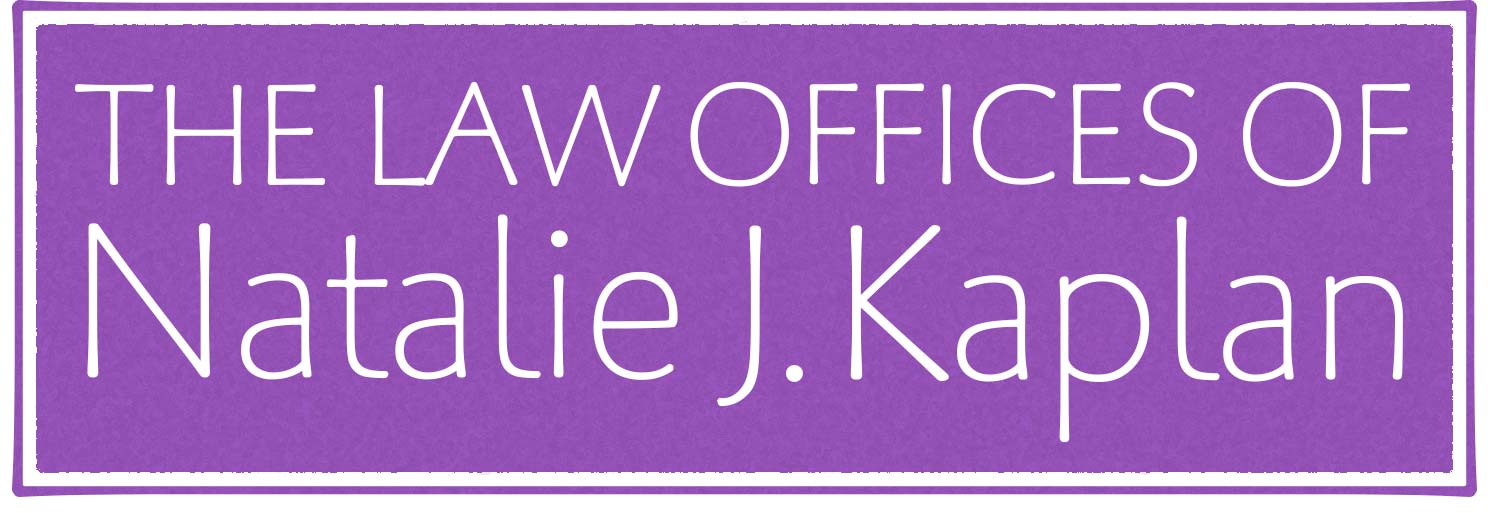




¶People are often confused by the terms “Will” and “Living Will.” The truth is, they may sound alike, but they have nothing in common.
¶Wills leave property to others after the owner’s death. Living Wills, by contrast, describe medical treatments wanted or unwanted at the end of life.
¶The more useful comparisons are between documents that are similar in function. Ask instead:
¶First, the similarities: Both are arrangements between one person (the “principal”) and another (the “agent”) for the agent to provide services, especially when the principal is unable.
¶The principal of a Power of Attorney has no special name, but the agent is called an “attorney-in-fact.” This is true, despite the fact that the agent is not expected to be an attorney at all.
¶The Power of Attorney is usually a form document that lists categories of powers that a principal may need to give to an agent. Typical powers are given in categories like “banking,” “real estate,” and “business operations.” Details of the powers are listed in the New York State Laws. The banking power, for example, is defined to include depositing and withdrawing, opening and closing accounts, and most things that the principal could do in connection with banking.
¶Giving an agent a Power of Attorney does NOT deprive the principal of the power to act on their own if they are able. The document can only be used if the attorney-in-fact has possession of a signed original (not a copy), with signatures of both principal and agent.
¶A Living Trust, by contrast, is far more specific. It may not only permit access to bank accounts, but also instructs the agent (called a “trustee”) how to use the money.
¶For example, if the principal (called a “grantor”) becomes disabled, it may direct the trustee to maintain the principal “in the style to which they are accustomed” and “arrange for full time companionship.”
¶Living Trusts also function as a substitute for a Will upon the death of the grantor. The trust may provide “upon my death, the assets in the trust are to go to my daughter” or to anyone else they want.
¶This is the best question because it compares two documents that can serve some of the same functions.
¶A Will is more limited. The principal who writes the Will is known as the “testator”. The Will provides for the distribution of the testator’s property after death by the agent, named in the Will and known as the “executor.” The executor must be authorized by the court to collect the testator’s property and distribute it in accordance with the instructions provided in the Will. A living testator can change a Will at any time. A named executor has no power until after the death of the testator and the approval of the executor by the court.
¶These are distinctly different documents in their basic forms: A Health Care Proxy is the New York State document used to appoint a Health Care Agent, to assure that the principal’s medical wishes are obeyed. The Living Will specifies what treatments are unwanted (or wanted) at the end of life, if the principal becomes incompetent. Both are referred to as “Advance Directives” because they are signed in advance of mental incapacity, to preserve the principal’s wishes.
¶Confusion can arise because hybrid forms of both documents have developed. A Health Care Proxy may appoint an agent but also give instructions about unwanted treatments, and a Living Will may also name an agent. A standardized but optional form of Health Care Proxy is provided by New York State Law but no such form exists for a Living Will which must be customized. Living Wills may be used by courts, however, as evidence of a patient’s wishes.
¶Yes. A primary residence worth up to $800,000 is exempt, while the Medicaid recipient or other exempt individuals, like a spouse, lives there. If it is not transferred to a trust or another individual, however, upon the death of the recipient or the exempt person, (if the recipient is permanently institutionalized), Medicaid may place a lien on it to recover after death for all services provided after the recipient was 55 years old.
¶Nothing happens, if you need Home Care Medicaid. It has no penalty for transfers. If you need Nursing Home Medicaid, eligibility is delayed for a number of months, depending upon the amount you transferred. Further Medicaid planning may be undertaken at that time.
¶You can qualify for Medicaid even if your income exceeds the eligibility “maximum” amount. A “pooled trust” is utilized to contain the extra income and pay for living expenses that exceed the maximum income.
¶With the new tax law, everyone is entitled to give away $11.2 million without any gift tax. In addition to the $11.2 million, there is a $15,000 “annual exclusion” amount that can be given to each person each year. The larger the amount transferred for Medicaid planning, however, the longer the penalty period for Nursing Home Medicaid.
¶No. You do not need a new Will because of the age of the old one. You would only need a new Will if you have different people to name as your executor, trustee, or beneficiaries, or if you have certain complications that the old will fails to address.
¶I provide Health Care Proxies free of charge, and I encourage the use of my form, which is modeled on the State form but carefully customized. While not technically “necessary,” it is desirable to have an updated Proxy which reflects the currency of your wishes for your Health Care Agent, and whatever else you include.